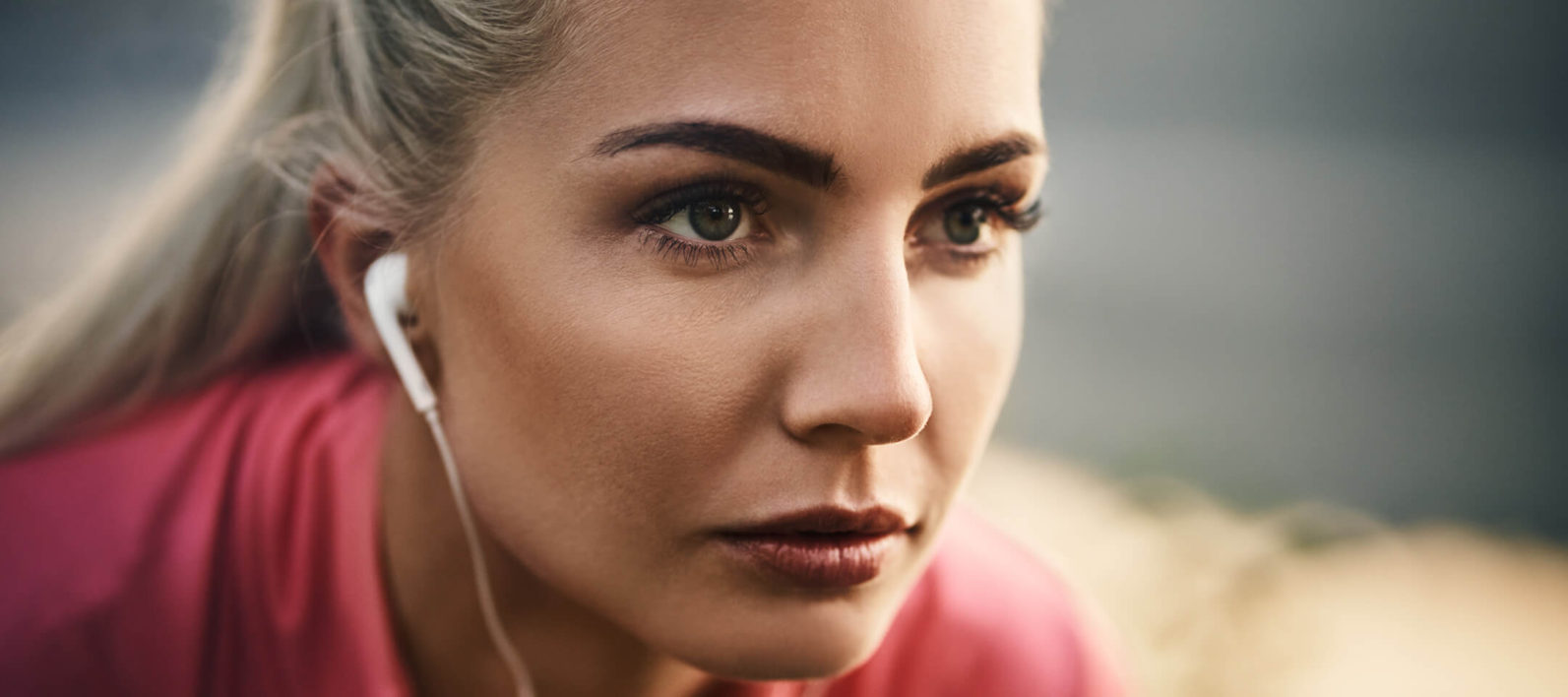This website uses cookies so that we can provide you with the best user experience possible. Cookie information is stored in your browser and performs functions such as recognising you when you return to our website and helping our team to understand which sections of the website you find most interesting and useful.

Home » Feed Your Health » Nutrition »
Physical training is essential for any endurance event, but mental performance is what will get you through the toughest parts and the last few kilometers. We focus a lot on eating for muscles and for energy – which we do need! But there are also nutrients that plat a role in your psychological wellbeing and including these in what you eat is essential training too.
Vitamin B12
Essential in helping to build normal red blood cells (the ones that carry oxygen to your muscle) vitamin B12 is also needed for a healthy nervous system. We need 2.5mcg of vitamin B12 everyday. Sources are mackerel, tuna, red meat, turkey, milk and yoghurt.
Niacin
Niacin is one of the B vitamins that help your body to release energy from food and contributes towards a normal, healthy nervous system and for normal psychological function. Find niacin in salmon, tuna, almonds and pork.
Vitamin C
Although vitamin C is famous for helping to support your immune system, it is less well known for its importance in normal psychological function. Added to that, it is essential in making collagen – an important part of cartilage – making this a key nutrient for any athlete. Any fruit and vegetable will give you vitamin C but you will get most in citrus fruits like oranges and grapefruit as well as kiwis, red peppers and papaya.
Vitamin B6
Vitamin B6 helps to reduce tiredness and fatigue – something every athlete needs – but it is also helps maintain a healthy nervous system. Find B6 in tuna, bananas and mushrooms.
Omega-3 fats – DHA
DHA is one of the omega-3 fats and is found in large amounts in the human brain. It contributes to normal brain development in babies but it also helps to maintain normal brain function in adults. Oil-rich fish like salmon, mackerel and sardines are all great places to get DHA.
Beyond Food…
Sleep is essential for good mental performance. One of the benefits of lots of physical activity is that you tend to get a good, deep sleep. Make sure you let your body get what it needs by giving yourself an eight-hour “sleep opportunity” each night. You may not always sleep for the full eight but if you are up at six in the morning make sure you are in bed by ten so your body has the opportunity to get what it needs.
Rest
It is said that humans are the only animals that don’t rest when they are tired. If you have a pet you can see how often they take a break – they may not be asleep but they do stop regularly throughout the day for a quick rest. Humans tend to push on through. There are times when we do need to do that but it is worth thinking about taking some time to just stop. Physically and mentally it is helpful. You don’t have to think of sleeping – sometimes you just need to sit for 20 minutes before going onto the next thing. You could also look at building in some time for actual rest on your day off or as part of your training schedule. Life may be busy but see what you can fit in. A hour or two on the couch at the weekend can help muscles rest and repair and give your brain a welcome break at the same time.


